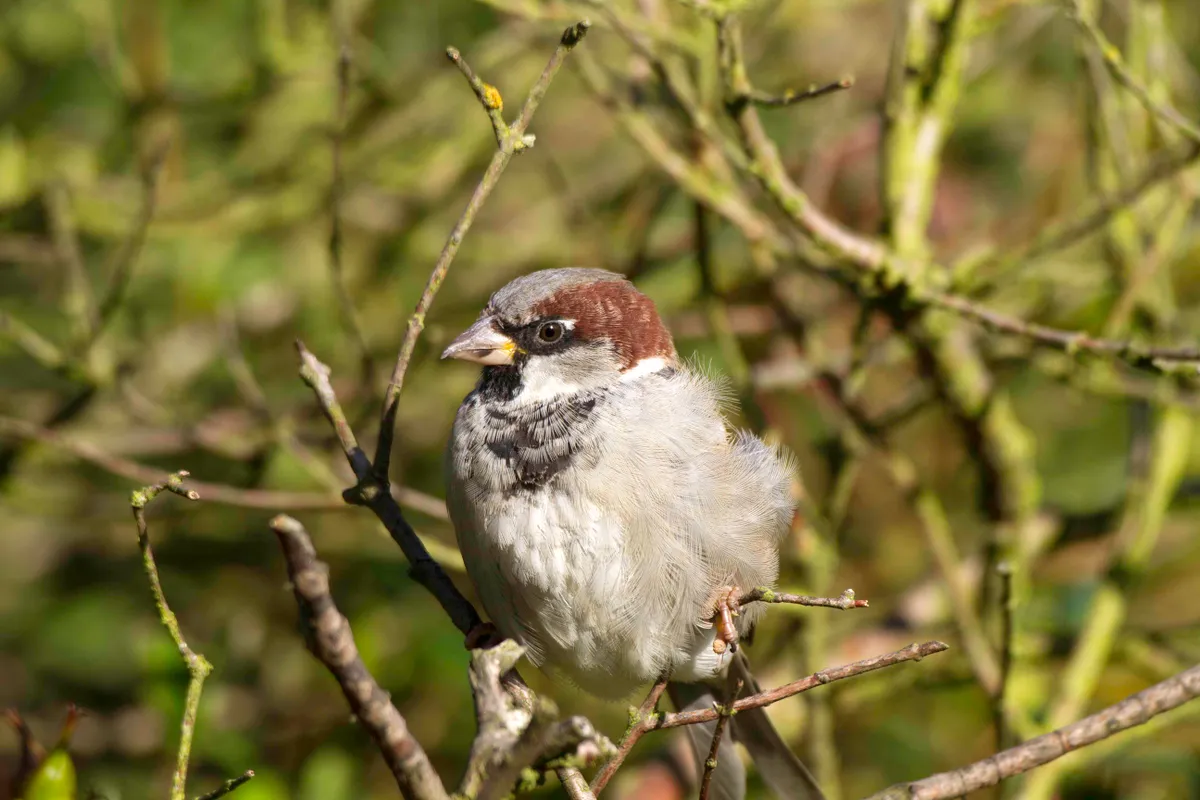Once common throughout London, house sparrow numbers have plummeted by 71 per cent since 1995, with new research suggesting avian malaria could be to blame.
A team from the Zoological Society of London (ZSL), the RSPB, the British Trust for Ornithology (BTO) and the University of Liverpool have investigated if Plasmodium relictum, a parasite that causes avian malaria, is involved.
“Parasite infections are known to cause wildlife declines elsewhere and our study indicates that this may be happening with the house sparrow in London," says lead author Dr Daria Dadam from the BTO.
"We tested for a number of parasites, but only Plasmodium relictum, the parasite that causes avian malaria, was associated with reducing bird numbers.”
Data was collected from 11 breeding colonies spaced across the city. Blood and faecal samples were taken from the sparrows, carefully caught and soon released, to monitor infection rates and severity. Changes in population size were estimated by counting mature males.
Seven of the 11 colonies were in decline and on average 74 per cent of sparrows carried avian malaria, although it was as high as 100% in some groups.
However, the researchers found that it was the intensity of individuals’ infections that caused a loss in numbers.

“Although we found that nearly all sparrows carry Plasmodium, there was no association between the number of carriers and local sparrow population growth,” says Professor Andrew Cunningham, deputy director of science at ZSL.
“Infection intensity, however, was significantly higher in young birds in the declining populations with fewer of the sparrows monitored in those groups surviving from year to year.”
It is thought that climate change may be behind the sudden change. The parasite is spread by mosquitos, which transfer it when they bite to feed.
It has been suggested that avian malaria will become more common across Northern Europe as higher temperatures and wetter weather favour mosquito reproduction, and more mosquitos will help the disease to spread.

“House sparrow populations have declined in many towns and cities across Europe since the 1980s. This new research suggests that avian malaria may be implicated in the loss of house sparrows across London,” says Dr Will Peach, head of research delivery at RSPB.
“Exactly how the infection may be affecting the birds is unknown. Maybe warmer temperatures are increasing mosquito numbers, or the parasite has become more virulent.”
Read the full paper in Royal Society Open Science.
Main image: House sparrow. © John Harding/BTO
